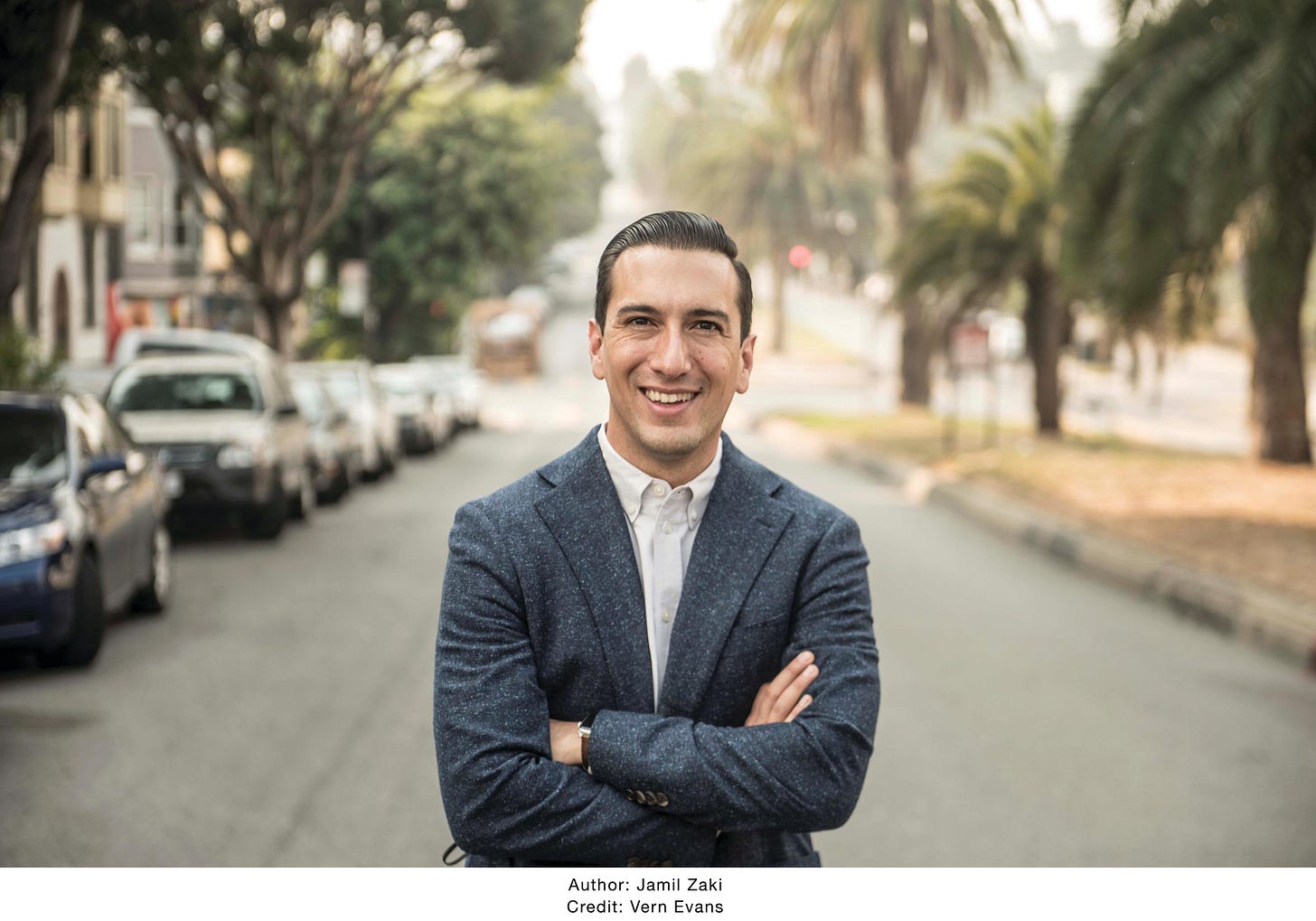Cynicism Doesn’t Keep You Safe
And it doesn’t mean you’re smarter or more informed
Being cynical isn’t difficult. We hold in our hands a small device that connects to a space machine, and on that space machine-connected device we can find the entirety of human knowledge, including news of wars, atrocities, injustices, corruption, and disasters.
And to be fair, these devices also contain evidence of what is true and what is lovely. What is honest and what is good.
But our brains are excellent at detecting danger. The evolutionary biology that has conditioned us to scan our environments for an invading army on the horizon hasn’t changed much in the short time since these space machines were invented. And for some of us, rather than allowing the danger-detection feature to dissipate because it’s no longer needed in the same way, it simply morphs into an unhealthy cynicism.
Everything is suspicious. The world is full of bad things, and people are out to get you.
This cynical outlook feels like danger detection. It seems like if we trust nothing, we will remain safe. But evidence demonstrates the opposite: cynicism doesn’t protect us. It robs us of the pleasures of life. It makes us lonely, prevents meaningful progress, and helps to reinforce the present state of affairs, no matter how bad it is.
“Trust no one,” the cynic’s brain whispers. But ultimately, cynics do trust, implicitly. They trust that their own, cynical version of the world is true and accurate, and leave little to no room for the possibility that things could be different than they appear in the moment.
The cynic’s subconscious perception is often that this deep-seated trust in their own worldview makes them smarter or better-informed than the people around them who have sunnier outlooks. They won’t get duped. They won’t have their hearts broken. They won’t fall prey to a conman or a charlatan. (And they have this belief reinforced by other people, too – people who are less cynical sometimes perceive people who are more cynical as smarter.)
But there’s actually a considerable amount of evidence that the cynics are wrong. That they are not better judges of character.
In fact, they do worse on analytical tests.
One study compared cynics to people who had high trust in others. The participants in the study were asked to watch videos of job interviews, and to try and spot the people who were lying.
The study concluded, “Contrary to lay wisdom, high trusters were significantly better than low trusters were at detecting lies… high trusters are far from foolish Pollyannas.”
Still more studies have found that cynicism is actually bad for your health. One found cynics are more likely to die early, and another, a study of more than 300,000 people, found that people who are lonely (which cynics are far more likely to be), increased mortality by the same amount as smoking 15 cigarettes a day, drinking heavily, and not exercising.
If we have all of this evidence about the negative effects of cynicism, we need to ask ourselves why anyone would want us to be cynical in the first place. And the answer is certainly multifaceted. Some of these tendencies are genetic, but some of it is nurture and not nature: there are external forces at work, people who benefit from making sure we never trust anyone but ourselves.
Those who oppose progress want to keep you cynical, because if you believe nothing good can happen or no positive changes will occur, then it helps them maintain the status quo.
I think that’s worth repeating: actively engaging in cynicism is a vote to maintain the status quo. It’s saying, “I’m fine with the world remaining exactly as it is at this moment.”
Because nothing will change for the better if we don’t choose to hope that it can.
I also have good news for you: cynicism is curable. If you’re prone to a negative view of the world, the idea of being tasked with idealistic optimism probably seems like too big of a stretch. It’s like asking a person comfortable in their black turtlenecks to begin dressing in hot pink polka dots: it’s antithetical to their nature.
Rah-rah rose-colored glasses is not the cure for cynicism. There is a third way.
It’s skepticism.
Skepticism, says Stanford psychologist Dr. Jamil Zaki, allows us to keep ourselves agile and sharp – two skills cynics value – while still being able to learn from and connect with other people.
Eschewing cynicism and instead adopting a skeptical approach allows us to evaluate situations based on actual evidence. That means we don’t blindly trust either someone else’s view of the world, nor do we implicitly trust your own negative view. Like scientists, we see where the evidence leads us before forming a conclusion.
In order to be skeptical and not cynical, we have to allow ourselves to have a mind that is open enough to consider possibilities we may not have previously weighed.
Zaki says, “Cynicism is a self-fulfilling prophecy. When you give up on possibility, those possibilities go away, and this is part of why I think it's so important to hold on to hope. To me, hope is not naïve or pie in the sky, it's practical. It's what keeps us energized and keeps us fighting for a future that most of us want by allowing us to see it more clearly.”
More good news: Jamil Zaki is on Here’s Where It Gets Interesting today. He told me about how he is naturally prone to cynicism, and so his research on the topic is not coming from a place of “those other people are bad and wrong,” but from the position of, “how can I help myself?”
I’d love to have you listen to the full conversation here, and to have a mind that is open – just enough – to consider the possibility of viewing the world skeptically instead of cynically. You can get the episode on Apple, Spotify, and Audible.
And Jamil Zaki’s new book, Hope for Cynics, is available now.
I’d love to know in the comments how you identify:
1: Naturally prone to cynicism
2: Naturally prone to an optimistic view
3: Naturally prone to skepticism





I feel like before I started following politics and world events, I was 2 (optimism). Becoming more aware I developed a healthy 3 (skepticism). But since this last election I fear I am nose-diving into 1 (cynicism) and struggling to get out/back/better.
Recovered cynic here. In my college years, I used it as a shield in a world that I felt was too complex to understand. Everyone else seemed to be either “sheep” who don’t examine the world critically, or they seemed way smarter than me and it was intimidating. Feeling like I was smarter than everyone was nice, and I would dwell on subjects where I could feel superior without doing any work. Feeling like I was dumber than everyone was scary. But if people could see how cynical I was, maybe they would think I was smart for having such negative opinions. It took many years and many patient friends to help me realize that hope isn’t necessarily naive, and I now operate with a presumption that there is a solution to the world’s problems before writing anything off. And it helps not caring so much about what people think about me. It’s not only better for my health, but I bet if you’d ask the people around me they would vote for the hopeful version of me too. 🙂 Thank you for sharing this, Sharon! It’s a great conversation to have right now.